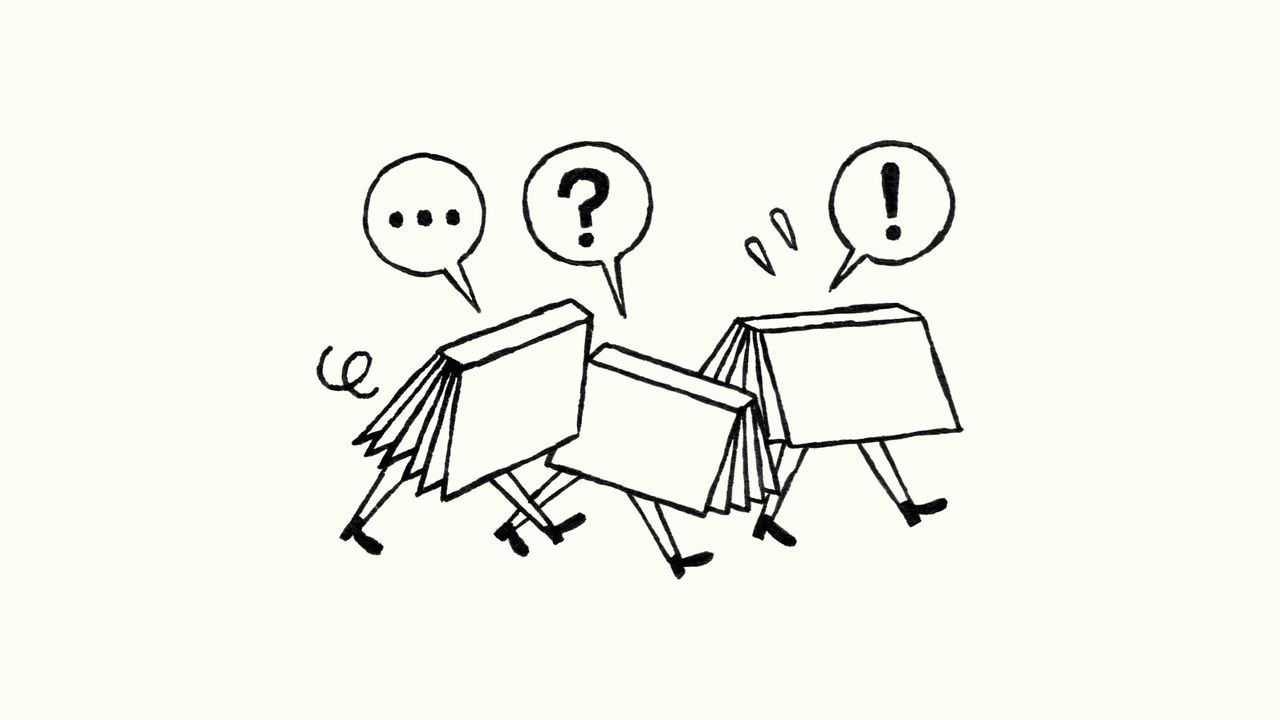Sasha Bonét’s matrilineal memoir, “The Waterbearers,” traces the lives of her mother and grandmother: powerful, complicated women whose personalities have been shaped by the rough edges of American society. Mothers, she suggests, can pass on both grace and grief. The flow of the bayous of Houston, where she grew up, remind her of “the way my mother and grandmother pour into me, and I into my daughter; the valuable and the harmful, the minerals and the mud.” Not long ago, she joined us to discuss four other books that examine complex mothers. Her remarks have been edited and condensed.
Beloved
by Toni Morrison
“Beloved” centers on a formerly enslaved woman named Sethe, who killed one of her daughters to keep her from becoming enslaved. And then, one day, years later, the daughter she killed, who has been lingering in the novel in spirit form, shows up as a physical being named Beloved.
One of the great things about the book is that, over time, we see everything Sethe has gone through before that point, so we get a kind of understanding of why a woman would do this to her own child. She’s essentially saying, “You don’t get to take my daughter away and put her in these circumstances. I get the chance to choose.” In that way, it’s kind of a radical political act—but, at the same time, it’s unfathomable.
This book is really gorgeously rendered, and it is filled with such grace. Beloved’s reappearance prompts a very rich reckoning with the past and with the dead that I think occurs across Morrison’s novels. Ultimately, I think we want to judge Sethe, like all of her neighbors do. We want to ask, “How could she?” Like all the other women in the books I’m talking about, Sethe is shaped by her political environment. The decisions she’s making aren’t really always her own. But somehow she is still able to maintain a life and have love and have passion and have spirituality.
Family Lexicon
by Natalia Ginzburg
This is Natalia Ginzburg’s family story. It’s essentially about the dynamics that defined the relationship among her parents, her siblings, and her. Here, too, there is a very strong mother character who is responding to her political environment—in this case, Fascist Italy.
Ginzburg’s writing is very clean and crisp—it doesn’t have a lot of emotion, which is very similar to the style in which she says she was raised. Her mother is not doting, she doesn’t coddle, and there’s a sense in which she feels that she has to nurture her children’s strength and prepare them for uncertainty. She uses shame and humiliation as a way to get them to create armor for themselves. One of the ways this shows up is in her demonization of people who she perceives as weak, which she does because she wants to encourage her children to have the resilience she knows they will need in order to survive as Jews in Italy at that time.
Mothers Don’t
by Katixa Agirre
What’s interesting about this one is that we have the perspective of an outsider. The antihero is Alice, a natural beauty who ends up killing her twin children when her husband is away. The narrator, who briefly knew Alice, learns about this and wonders, How could this happen?
The narrator is a new mother, too, and is experiencing her own dread about it. She starts investigating what happened. What I love about the book is that there’s no real revelation; it’s just the writer’s projections. That ambiguity allows for a certain richness of imagination. Initially, the narrator is, like, Wow, this person is a monster. But then, as she starts to imagine herself into the situation, her projections create a space for analysis, and she starts to wonder what her thoughts about the situation have to say about her. It really illuminates how we need “evil” people to set standards for us. Especially in situations like motherhood, when we often don’t know what we’re doing, we like to point to people like that and say, “Well, at least I’m not that.” Ultimately, though, here, as the narrator comes to feel more empathy for Alice, she starts to be confronted with her own limitations and her own susceptibility to certain emotions and behaviors.
Post-Traumatic
by Chantal V. Johnson
The main character of this novel, Vivian, is a young woman who has essentially escaped poverty. She’s highly educated and living in a nice apartment in New York. But, of course, you can get all of these degrees, you can have this beautiful life where you go out for cocktails, and you can still have inherited trauma and you can still have a mother who causes you a lot of pain.
Vivian’s mother is not on the page that much, but she’s present in almost everything that Vivian does. You wonder why she’s making certain decisions, and then it becomes clear that she’s carrying things within her that stem from her family background. There are so many things that are being repressed here, and when Vivian brings them up her mother reacts poorly. And, ultimately, even though Vivian is not a child anymore, she wants to have her mother’s approval of the life that she’s built. That’s interesting to me—that you can intellectually have the answers to why you feel depressed or hurt, but you still need to go to the source of that pain for your comfort.

